In a new preclinical study, researchers from the Perelman School of Medicine at the University of Pennsylvania found that as a method of reprogramming patients’ autoimmune cells to attack their blood cancer, CAR-T cell therapy may improve the effectiveness of surgical treatment of solid tumors. The relevant research results were published in the journal Science Advances, and the title of the paper was “Chiric antigen receiver T cells as adjuvant-therapy…
Author: biomart
CDK4 – a master regulator of the cell cycle
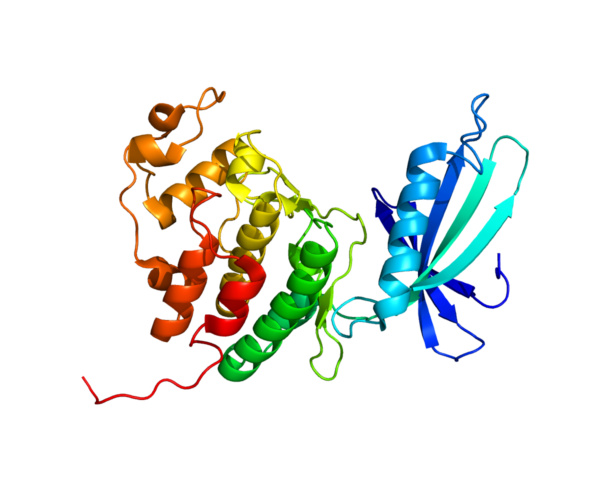
The mammalian cell cycle can be divided into four stages, namely Gap 1 (G1 stage), Synthesis (S stage), Gap 2 (G2 stage), and Mitosis (M stage). Its sequence and time are crucial for the accurate transmission of genetic information. Therefore, some biochemical pathways have evolved to ensure that the initiation of a specific cell cycle event depends on the accurate completion of another event. These biochemical pathways are called “checkpoints”….
Occluding the ACE2 receptor, renders all mutants incapable of infection!
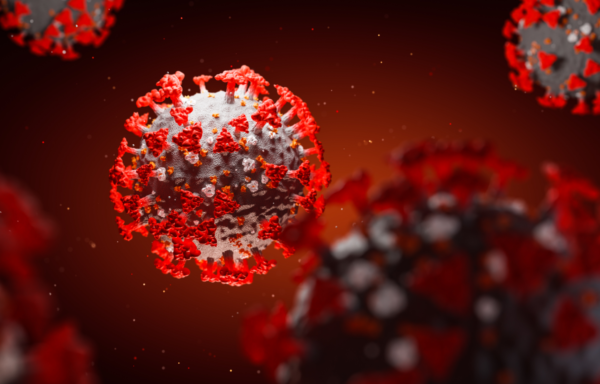
With successive waves of uncapping, enhancing disease resistance has become one of the most important things at present. Vaccines are the most effective medicines to fight the coronavirus at the moment, and intensified vaccination is also a more desirable method. However, the Omicron virus strain has evolved an extreme ability to infect, and it is not realistic to hope for a vaccine to eliminate the infection. On the other…
Targeting PI4KA increases chemosensitivity of refractory leukemia by regulating ERK/AMPK/OXPHOS axis
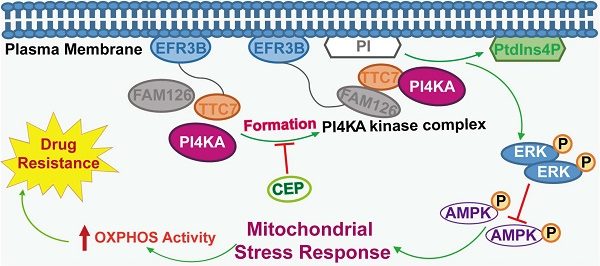
Leukemia is a highly aggressive hematological malignancy characterized by extensive molecular changes that affect clinical outcomes and provide potential drug development targets. However, the emergence of chemotherapy resistance obviously hinders the effect of chemotherapy and indicates a poor prognosis. About 15% – 30% of leukemia patients are resistant to chemotherapy, and 60% – 80% of patients with complete remission inevitably relapse and succumb to the disease. Therefore, it is very…
TRPC can significantly regulate the pathogenesis of endotoxemia

Recently, Professor Cao Wei’s team from the School of Chemistry and Pharmacy of Northwest Agriculture and Forestry University published a paper entitled “TRPC channels blockade organisms endotoxic cardiac dysfunction by hamming intelligent inflammation and Ca2+ leakage” in Nature Communications. This study revealed that the classical transient receptor potential channel (TRPC) subtypes 1 and 6 can significantly regulate the cardiac inflammatory cascade reaction induced by endotoxin, thus playing a key…
New Research Finds That Secretory Gel Protein Inhibits Cancer Immunity
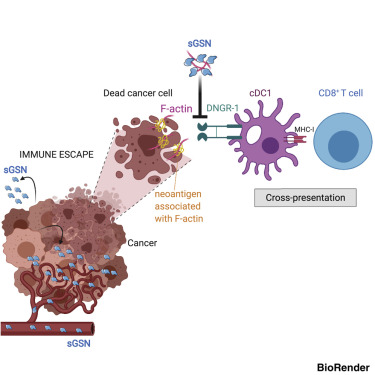
How does the human body fight against tumor formation? The human immune system includes many kinds of immune cells, among which type 1 conventional dendritic cells (cDC1) are essential for effective anti-tumor immunity. It can recognize tumor antigen and induce the anti-tumor immune effect of CD8 + T cells. When cDC1 is absent, CD8 + T cell-driven tumor immunity will subside, and the therapeutic effect of CD8 + T cell…
A New Method of Rewriting the Genetic Code of Bacterial Genome Can Add Many Unnatural Amino Acids to the Protein At One Time
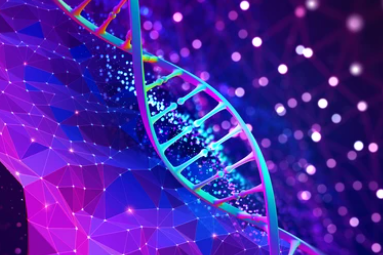
Almost all organisms build their proteins by combining 20 different amino acids. In order to add new amino acids to this combination, scientists have redesigned genes and other protein-building tools to produce proteins with unique chemical properties that are very helpful for the manufacture of drugs. However, this kind of research is time-consuming and laborious, and usually, only one new amino acid can be added at a time. Now,…
Foxp3 Mediates Immune Tolerance of Thymic Treg Cells through IL-2
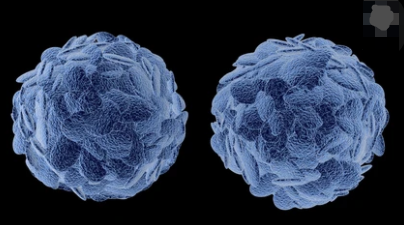
Regulatory T (Treg) cells play an important role in the establishment and maintenance of immune tolerance. Most Treg cells express CD25 molecule, which has a high affinity with IL-2. After activation of CD25, it signals by inducing the activation of transcription factor STAT5. IL-2 plays a central role in many aspects of Treg cell biology. In addition to TCR signaling, IL-2 – STAT5 is also required to induce Foxp3…
Inhibition of TMEM16 Can Effectively Block the Production of Syncytia Induced by SARS-CoV-2 Infection

Since the outbreak of COVID-19, it still seriously affects our lives. Therefore, the research on the pathogenesis of COVID19 and the development of related drugs will help to alleviate the epidemic situation and help to make our lives return to normal as soon as possible. Previous studies have shown that COVID19 is a disease with unique characteristics, including pulmonary thrombosis, frequent diarrhea, abnormal activation of inflammatory response and alveolar edema,…
Targeted Nucleotide Rescue Factor DNPH1 Can Improve the Sensitivity of Cancer Cells to PARP Inhibitors

Mutations in BRCA1 or BRCA2 tumor suppressor genes increase the risk of breast and ovarian cancer. In clinical practice, these cancer patients often receive targeted poly ADP ribose polymerase (PARP) inhibitors treatment. According to a recent study published in the journal Science, Stephen C. West from the Francis Crick Institute in the UK showed that inhibition of DNPH1, a protein that eliminates the cytotoxic nucleotide 5-hydroxymethyl-deoxyuridine (hmdU) monophosphate, enhances the…
